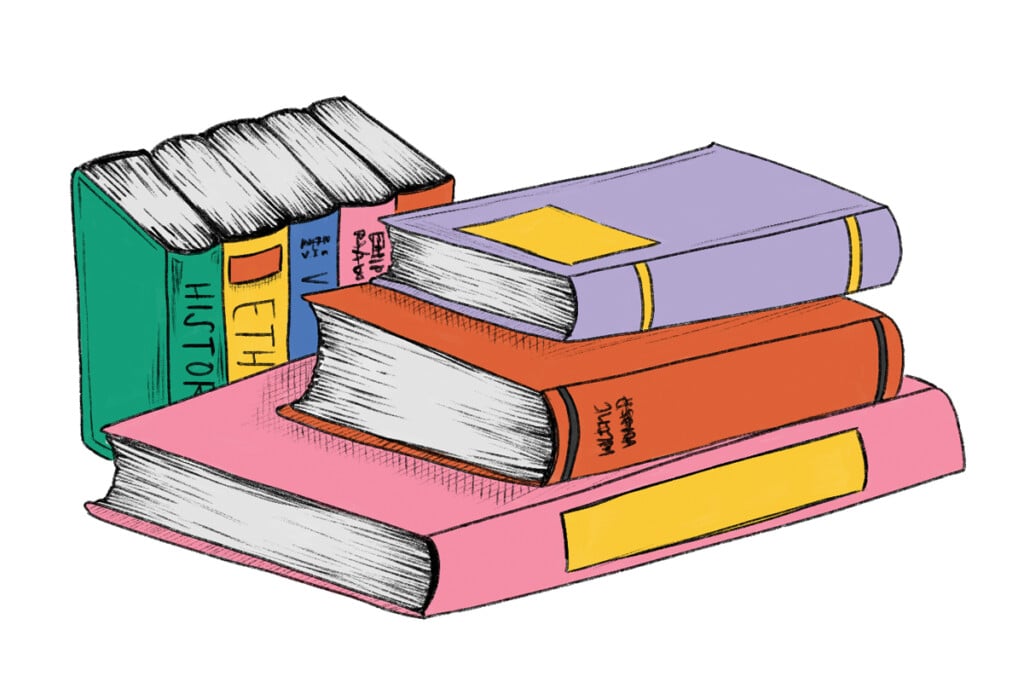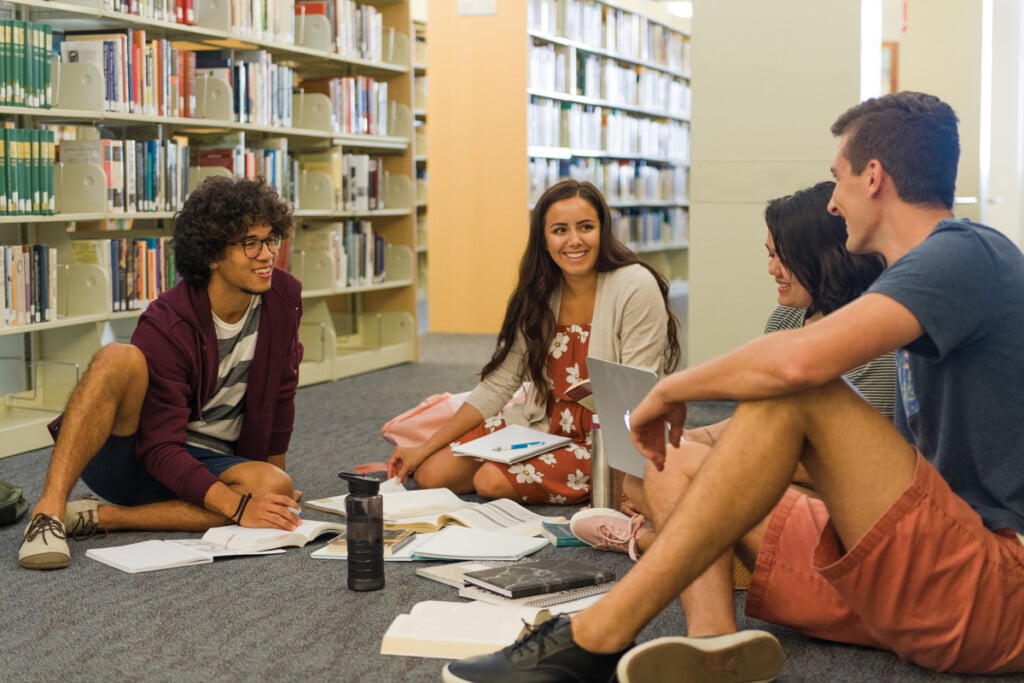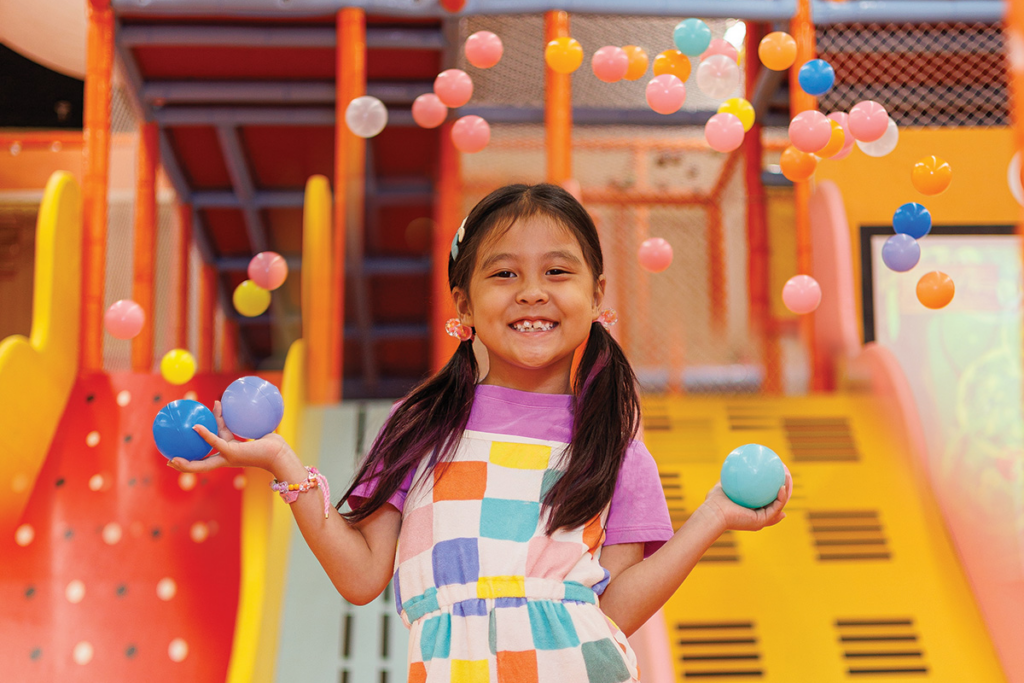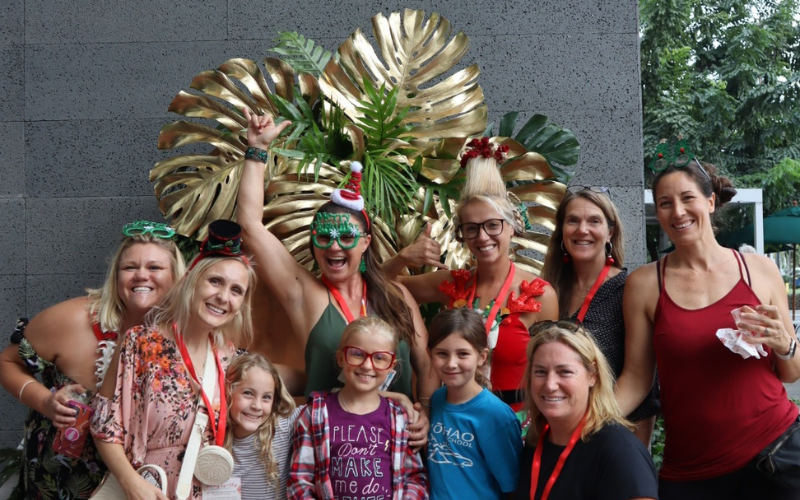Education Cheat Sheet: How to Raise a Problem-Solver in Hawai‘i
We want our kids to persevere and get creative when facing challenges. One way to begin is just by changing the way you look at mistakes.

Photo: Unsplash
As a parent and a career educator, I spend a lot of time pondering our ever-changing world and how families and schools need to adjust. So many things affect our children’s educational experiences – culture, community, family support, socio-economic status. It is vital for children to learn problem-solving skills in order to reconcile and integrate their personal experiences with their educational experiences. School can either validate who we are and where we are from, or it can make us question our identity.
I have been fortunate to have been able to teach in public and private sectors, in America and abroad. These experiences have led me to believe that our role as educators and parents, regardless of political boundaries, is to help our children become critical thinkers and problem solvers. In order to do this, we must provide children with a variety of experiences and situations where they are encouraged to explore new ideas.
SEE ALSO: 🚫 Education Cheat Sheet: When is it OK to Quit?
Imagine if exploring, collaborating and problem-solving were as valued as being the top of the class or winning a contest. What if we celebrated mistakes with as much enthusiasm as we celebrate wins? What if teachers asked open-ended questions that have multiple answers instead of students simply striving for the one that seems correct? How would our mindset around parenting and schools change?
COVID-19 has pushed us into reevaluating many aspects of how we live and what is important. In my opinion, this is the silver lining. Over the past year, I have had the opportunity to talk story with educators and parents all over the country who are also examining and evaluating whether the content we used to deem the most valuable for schools to teach is still vital and relevant. The world is changing at such a rapid rate and education is having a hard time keeping up. I believe that the role of school and its purpose in our society has changed. At this point, getting stuck on the specific content is irrelevant — instead we need to focus on helping students gain transferrable skills that they will be able to use in this ever-changing world.
SEE ALSO: 📓 Education Cheat Sheet: When Do You Need a Tutor?
At Roots School here on Maui, we highlight problem-solving, collaboration, communication and critical thinking skills. We ask students to reflect on their own learning so that we can help them discover how they learn, which we hone to develop problem-solving skills that will stay with them throughout their lives. When conflicts arise at school, we encourage and guide students to communicate directly with one another instead of asking their teacher to solve the problem. We ask students if they can come up with their own solutions to whatever dilemma they are facing, and they are often able to solve problems on their own without any intervention from staff. This may seem minor, but it empowers even our youngest learners to see that they have the ability to work through problems on their own.
Parent Homework
Choose one day and try to celebrate every mistake your child makes for the entire day. Instead of correcting your child when they make a “mistake,” try verbally praising your child for being courageous and taking a risk. Ask them about their experience, show curiosity and interest. You could extend this by asking them to draw, write, or act it out.
This will not be easy for most of us. Take notes throughout the day and watch your child’s facial expressions and body language when you celebrate their mistakes. As you reflect on this new way of being, describe how a change in your response led to a change in your child’s response. In what ways did their response to making a “mistake” change? Did you observe them continue to explore? How did that feel? What else did you notice about the experience? If you would like to write a short reflection about the process, I would love to hear about it.
The next time you come up against an (age appropriate) problem, like a road is closed, you’re missing an ingredient for a recipe, something breaks, etc., try modeling how you work through it to find a solution. Share your thinking aloud so your child can observe your process. Then include your child in brainstorming some solutions. By encouraging this creativity, you may be surprised by all the new ideas coming from your little problem-solver!
Melita Charan is the founder and head of School at Roots School in Haiku, Maui. She received her master’s in early childhood education from Southern Oregon University, and has taught in Alaska, Indonesia, and in the progressive public school district of Ashland, Oregon.










